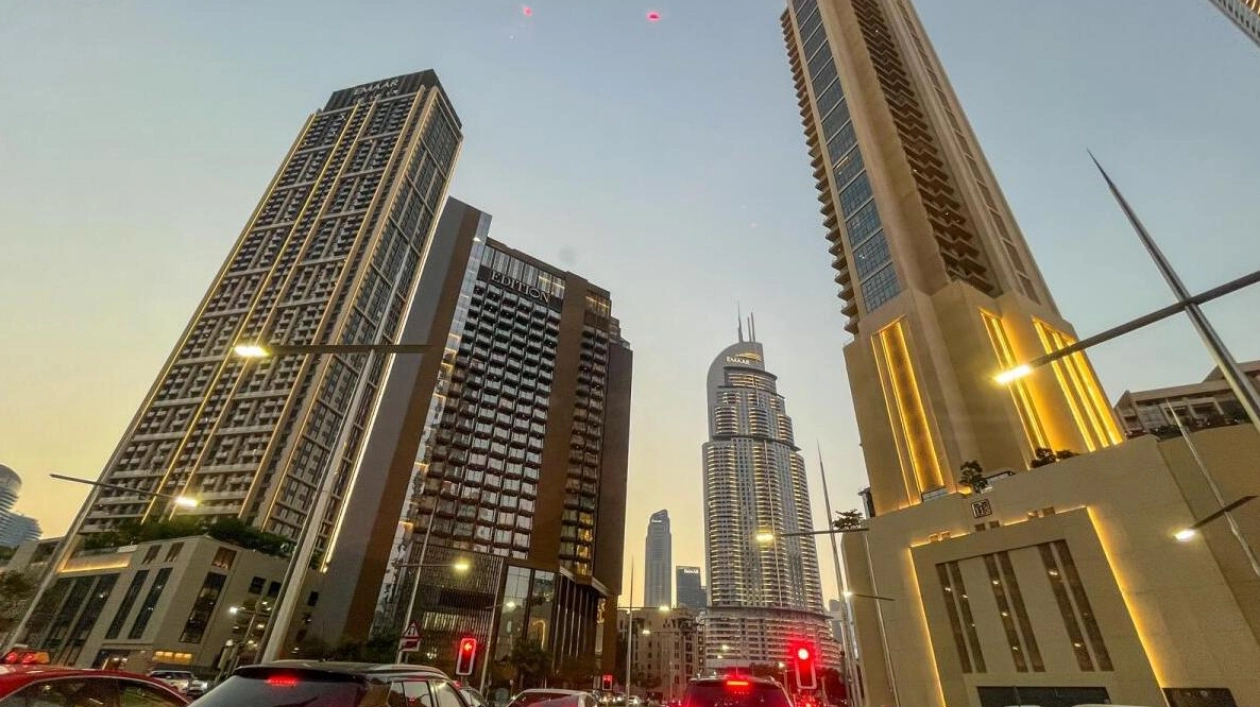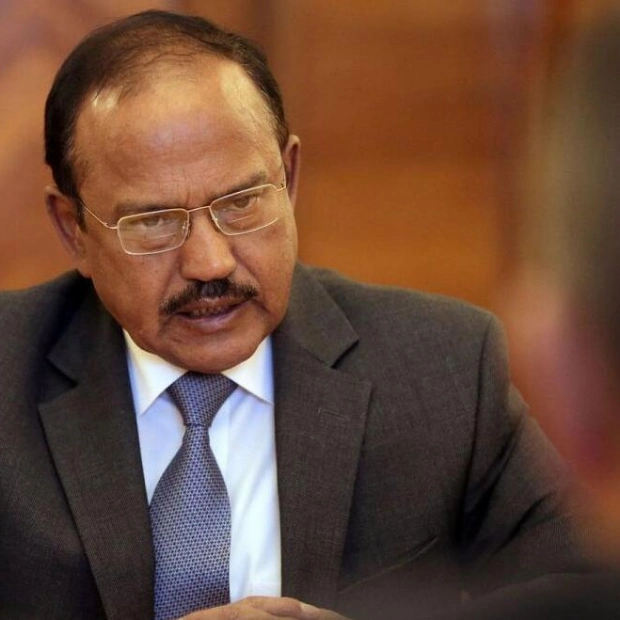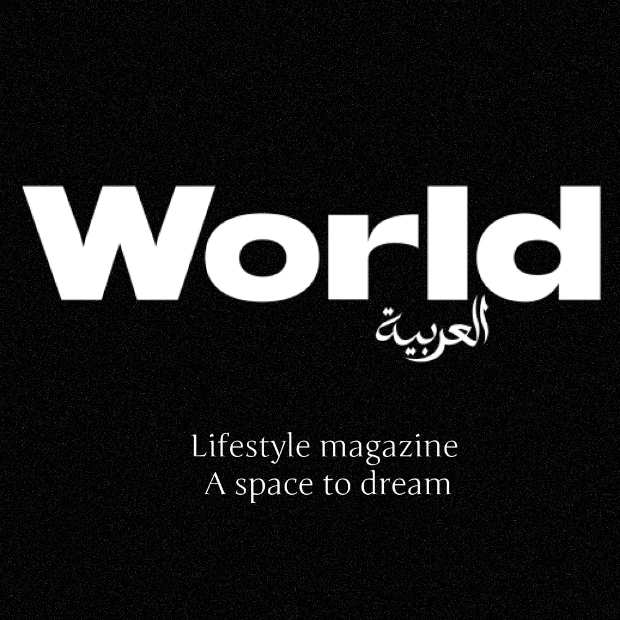Towers in Downtown Dubai, a prime location for property investors, continue to attract global attention. The UAE government’s progressive migration policies are pivotal in sustaining Dubai’s real estate boom, according to an industry expert.
“Dubai’s allure is unquestionable, drawing entrepreneurs, investors, high-net-worth individuals (HNWIs), and ultra-HNWIs (UHNWIs) from around the world. A blend of legislative changes, extended residency options, tax benefits, and business-friendly regulations has positioned Dubai as a leading global capital hub. The city’s top-tier infrastructure, healthcare, education, and lifestyle further amplify its appeal, making it the ultimate sanctuary for the world’s affluent,” said Abdullah Alajaji, CEO of Driven Properties, in an interview with Khaleej Times.
Alajaji highlighted that Dubai’s success mirrors that of cities like Madrid and Miami, which thrive on favorable migration and economic policies. “These cities have become safe havens for the wealthy seeking financial stability and a superior quality of life. In contrast, cities such as London, Hong Kong, and Berlin have faced economic challenges due to policy shifts and uncertain market conditions,” he added.
The supply dynamics in Dubai’s real estate market are closely monitored. “While demand remains robust, supply is being meticulously managed. Major projects like the ambitious Jumeirah Central, initially planned opposite the Mall of The Emirates, have been postponed. Meanwhile, developments such as Palm Jebel Ali are progressing, supported by strategic initiatives like the expansion of Al Maktoum Airport and Dubai’s projected population growth. In the north, Dubai Islands is advancing, with developers set to unveil new plans soon,” Alajaji noted.
Land availability in the eastern part of the emirate is substantial, but careful supply management is essential to avoid market oversaturation. “This cautious approach is crucial for maintaining equilibrium in Dubai’s real estate sector and ensuring its continued appeal to global investors,” he added.
Alajaji identified the Golden Square—an area stretching from Port De La Mer to Jumeirah Bay Island, including the Peninsula, Downtown, Jumeirah Water Canal, and City Walk—as a prime growth zone. “With landmarks like DIFC and the upcoming DIFC 2.0, this area will be a focal point of Dubai’s premium real estate,” he said.
The decision by Dubai’s major developers to delay or scale back some large-scale projects reflects a commitment to market health. This shift towards controlled, strategic growth is a positive indicator for the city’s future, according to the Driven CEO.
Recent trends show that Dubai’s secondary real estate market is outperforming the primary market in transaction volume and value for the first time in several quarters. This shift underscores the market’s maturity and the increasing value of existing properties.
“At Driven, we closely monitor population density as a key indicator of long-term real estate potential. Dubai’s current density is 727 people per square kilometer, significantly lower than cities like Singapore (7,500 people per square kilometer) and New York City (over 10,000 people per square kilometer). As Dubai implements its 2040 Urban Plan and judiciously releases new inventory, the market will only become more resilient,” Alajaji said.
Dubai’s real estate market has undergone distinct cycles of growth and correction over the years:
• 2000-2008: The introduction of freehold laws allowing foreign ownership fuels exponential growth.
• 2009-2011: The global financial crisis impacts Dubai.
• 2012-2014: Economic recovery leads to another market upturn.
• 2015-2020: A period of correction and market stabilization.
• 2021-2024: The market experiences rapid expansion and growth.
• 2025-2040: A time to solidify gains, with strategic growth shaping the future.
Despite rising prices, Dubai remains one of the most affordable luxury markets globally. Bloomberg recently reported that Dubai is the best-performing real estate market in the world, with high yields making it a prime buying opportunity. Price-to-earnings ratios for properties remain lower than pre-Covid levels, offering significant upside potential.
Globally, the economic climate is shifting in Dubai’s favor. “The US Federal Reserve’s anticipated interest rate cuts, expected to start this September, will alleviate pressure on global money markets, boosting Dubai’s real estate and alternative assets,” Alajaji said.
As demand continues to outpace supply, Dubai is preparing to launch several ultra-luxury developments:
• Peninsula Projects: Located along the Jumeirah coast, these branded residences and luxury hotels (Aman and Rosewood) will redefine waterfront living.
• Cheval Blanc Island: Set to be Dubai’s most exclusive address, offering unparalleled luxury living.
• Discovery Dunes: A US-developed golf course community featuring grand mansions and luxury amenities.
• Bureau Lamar: Addressing the shortage of high-end office space, this Business Bay project will offer sustainable, luxury offices with water views.
These developments, along with Dubai’s strategic infrastructure investments, ensure that the city’s real estate market remains a global hotspot for years to come. “As demand continues to exceed supply, investors should seize the opportunity to benefit from Dubai’s unique position. With the convergence of global capital, controlled supply, and robust growth, Dubai’s real estate market offers unparalleled opportunities,” Alajaji concluded.
Source link: https://www.khaleejtimes.com






